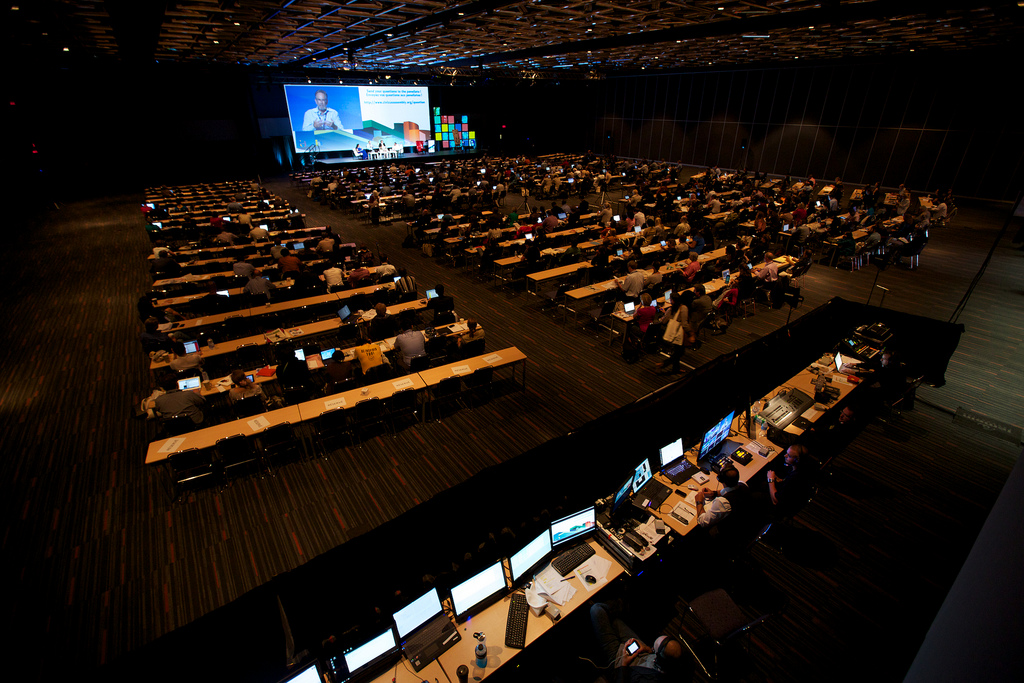 In the first week of September Montreal played host to a milestone convergence of hundreds of civil society actors from all over the world, as the CIVICUS World Assembly was staged in the Canadian city. The annual gathering of the CIVICUS World Alliance for Citizen Participation provides a space for all those present to exchange experiences, discuss challenges, and share concrete ideas and successful models for addressing the closely interrelated problems we face today, ranging from the ecological, financial and economic crises to the instability of fuel and food prices and shortfalls in democratic governance. This year’s theme was 'Defining a New Social Contract – Making the Future Together'.
In the first week of September Montreal played host to a milestone convergence of hundreds of civil society actors from all over the world, as the CIVICUS World Assembly was staged in the Canadian city. The annual gathering of the CIVICUS World Alliance for Citizen Participation provides a space for all those present to exchange experiences, discuss challenges, and share concrete ideas and successful models for addressing the closely interrelated problems we face today, ranging from the ecological, financial and economic crises to the instability of fuel and food prices and shortfalls in democratic governance. This year’s theme was 'Defining a New Social Contract – Making the Future Together'.
The week started with the Post-2015 Civil Society Conference, with CSOs from around the world organizing as never before to rethink and transform the future development agenda, including the new framework of commitments to replace the Millennium Development Goals in 2015. CESR and other organizations engaged in this process aim to change the DNA of how decisions are made in the post-2015 era, and to begin developing a new vision and social contract for the 21st century in which all people affected by poverty everywhere are empowered to exercise their rights and live lives of dignity. Debates on the future international development agenda continued throughout the week in a series of working sessions on issues such as redefining global governance and building partnerships for social innovation
CESR’s Senior Researcher Niko Lusiani presented at the workshop 'Regulation of international financial processes from the bottom up'. Drawing on the work of CESR and the Righting Financial Regulation initiative, which is coordinated by Center for Concern, Niko discussed the enduring human consequences of the financial crisis, and explained how the human rights framework provides the necessary principles and standards to meaningfully regulate private finance in the public interest. His contribution to the session concluded by sharing some concrete policy alternatives which would embed justice and human rights into financial regulation.
Photograph of the main hall at the assembly courtesy of CIVICUS.